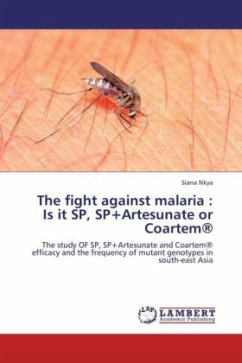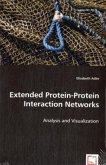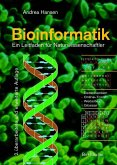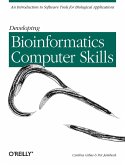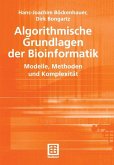Technological advances in high-throughput techniques and efficient data acquisition methods have resulted in a massive amount of life science data. This data is stored in numerous databases that have been established over the last decades and that are essential resources for scientists nowadays. However, the diversity of the databases and the underlying data models makes it difficult to combine this information for solving complex problems in systems biology. This book presents BN++, the biochemical network library, a powerful software package for integrating, analyzing, and visualizing biochemical data in the context of networks. BN++ is based on a comprehensive and extensible object model (BioCore), which has been implemented as a C++ framework, a Java class library, and a relational database. The C++ framework can be used, amongst other things, to efficiently import, integrate, and analyze the data, which is stored in a data warehouse. The Java-based viewer (BiNA) provides a powerful platform-independent visualization of the data and offers sophisticated graph layout algorithms. The book focuses on life scientists working or interested in integrative systems biology.


